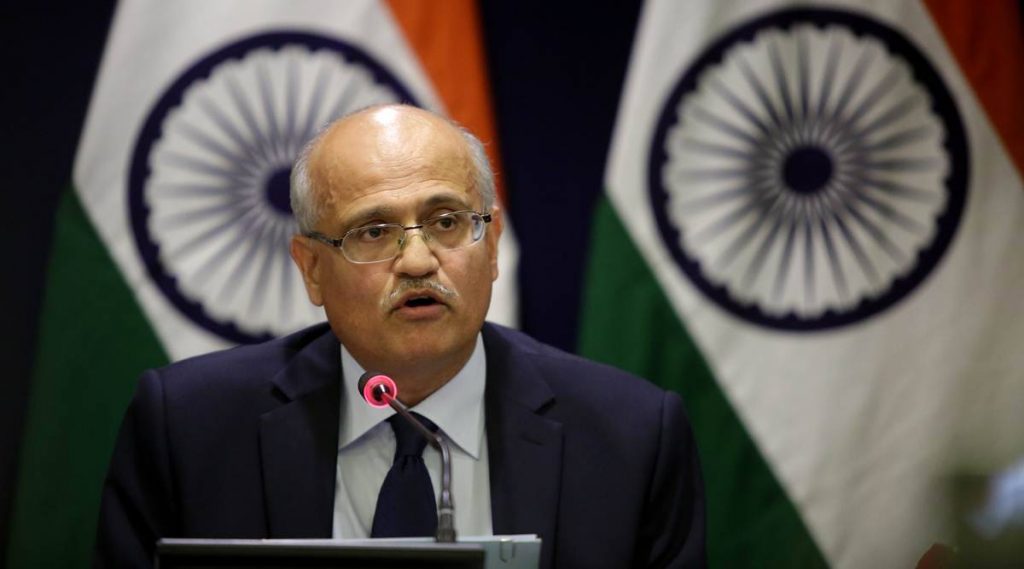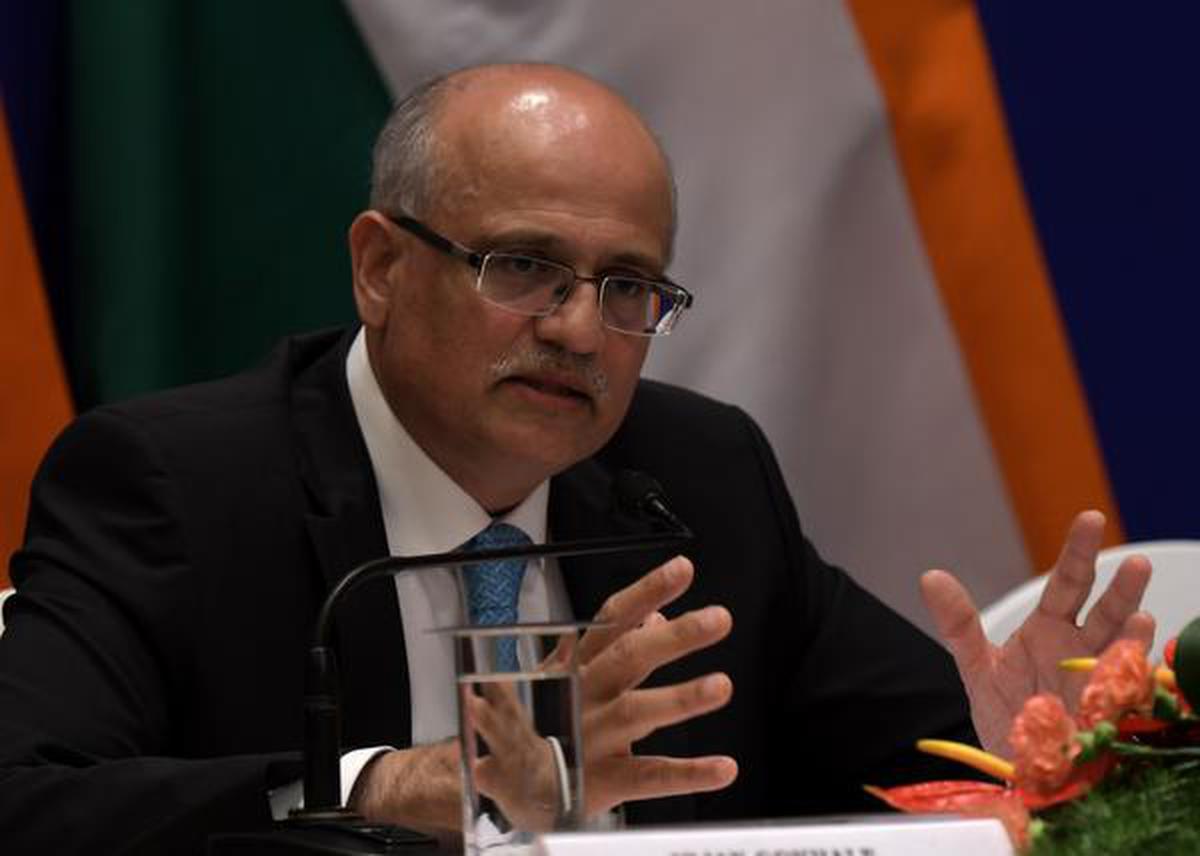At a time when details of a new clash between Indian and Chinese troops in the Tawang sector of Arunachal Pradesh are beginning to emerge, former Foreign Secretary Vijay Gokhale has said the Chinese assumption that there will be no immediate backlash to low-level coercion on the Line of Actual Control “because India is risk-averse may no longer be valid”.
In a paper on “A Historical Evaluation of China’s India Policy: Lessons for India-China Relations”, published by Carnegie India, Gokhale, a former Indian ambassador to China, has said the 2020 Galwan incident “reshaped national public opinion about China”.

“The idea of strategic restraint has been redefined. This has involved a change in risk-taking appetite among the political class, as a result of which the
Snow Leopard counter-operation at Rezang La/Rechin La was carried out in August 2020. This was an intentional escalation by India that was not anticipated by China. Thus, the Chinese assumption that there will be no immediate backlash to low-level coercion on the LAC because India is risk-averse may no longer be valid,” he wrote in the paper published Tuesday on the website of Carnegie India where he is a non-resident senior fellow.
“Even if China’s leaders are correct in assuming that the Indian-US relationship will not become an alliance, it is still worth examining whether there is a potential for strategic miscalculation by China after the military standoff in Ladakh. Two Chinese assumptions – that India will not intentionally escalate militarily in response to low-level coercion and that India will not form alliances against the coercer – should be weighed against the changes in Indian strategic thinking since 2020.”
He said the ambiguity that prevailed in India’s decision-making and strategic circles on whether China is a partner or a rival has been replaced by strategic clarity. “China’s behaviour is now perceived as adversarial and few are willing to give it the benefit of the doubt.”
Stating that Chinese scholars may also need to revisit the idea that an Indian response to future military coercion will remain indefinitely low, Gokhale wrote, “India is now more willing and committed to enhancing military capacity in preparation for the situation of armed coexistence that it expects to prevail along the LAC. Judging India’s future responses and behaviour on the basis of current capacity may not be valid.”

